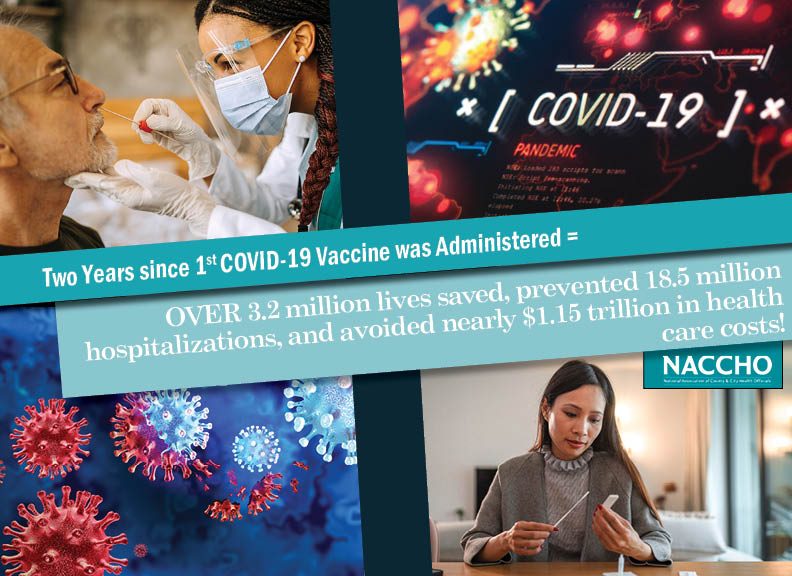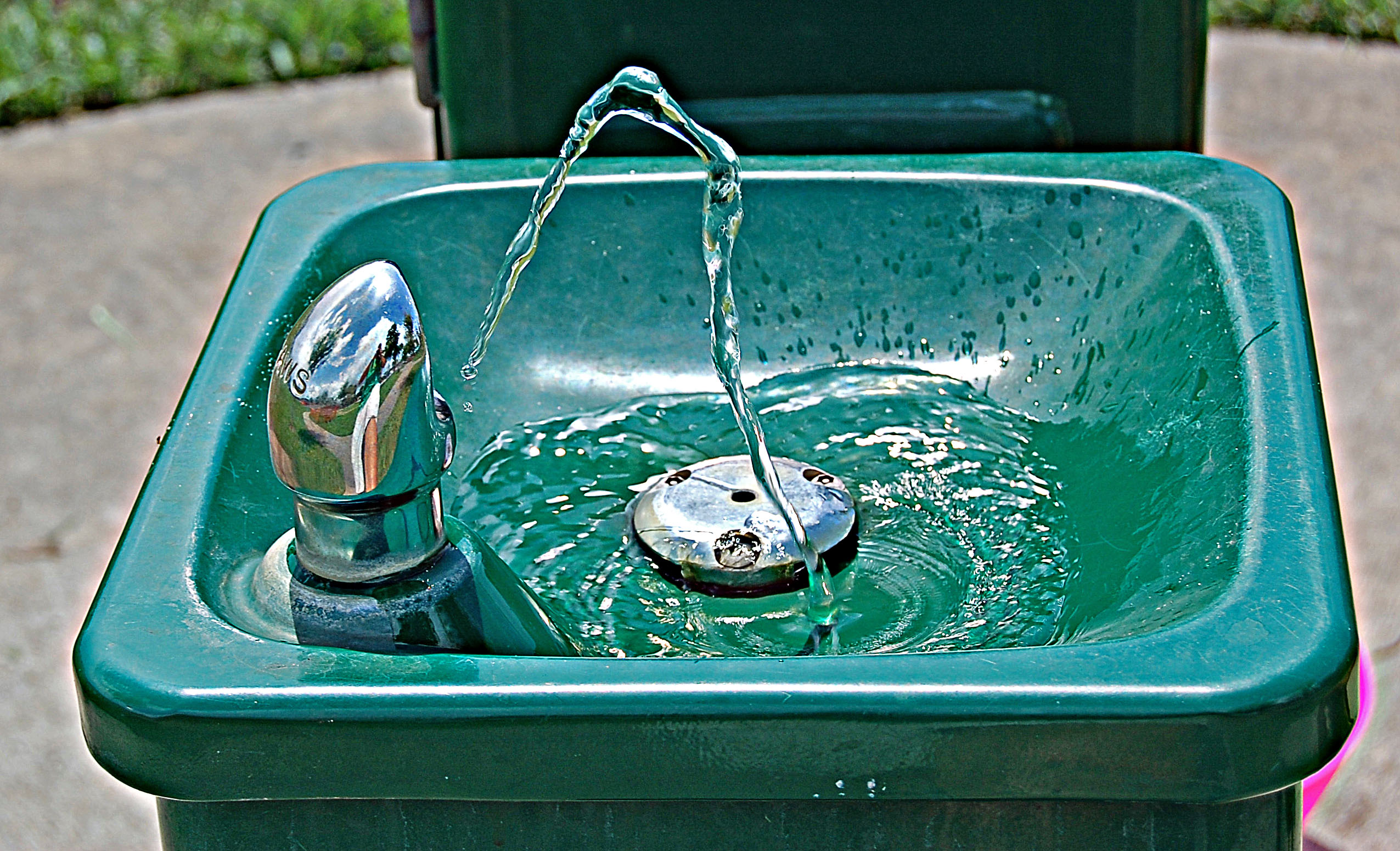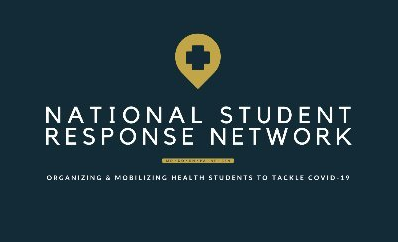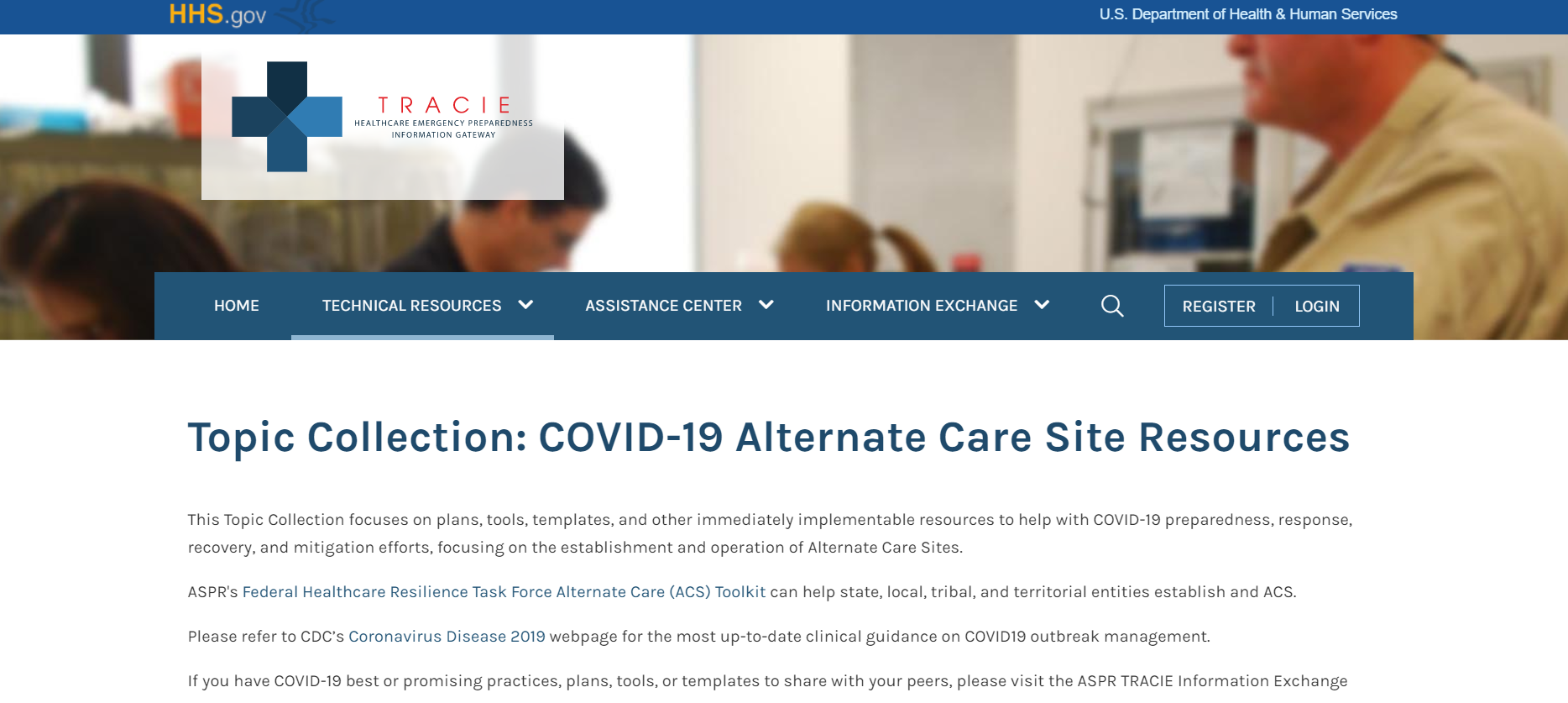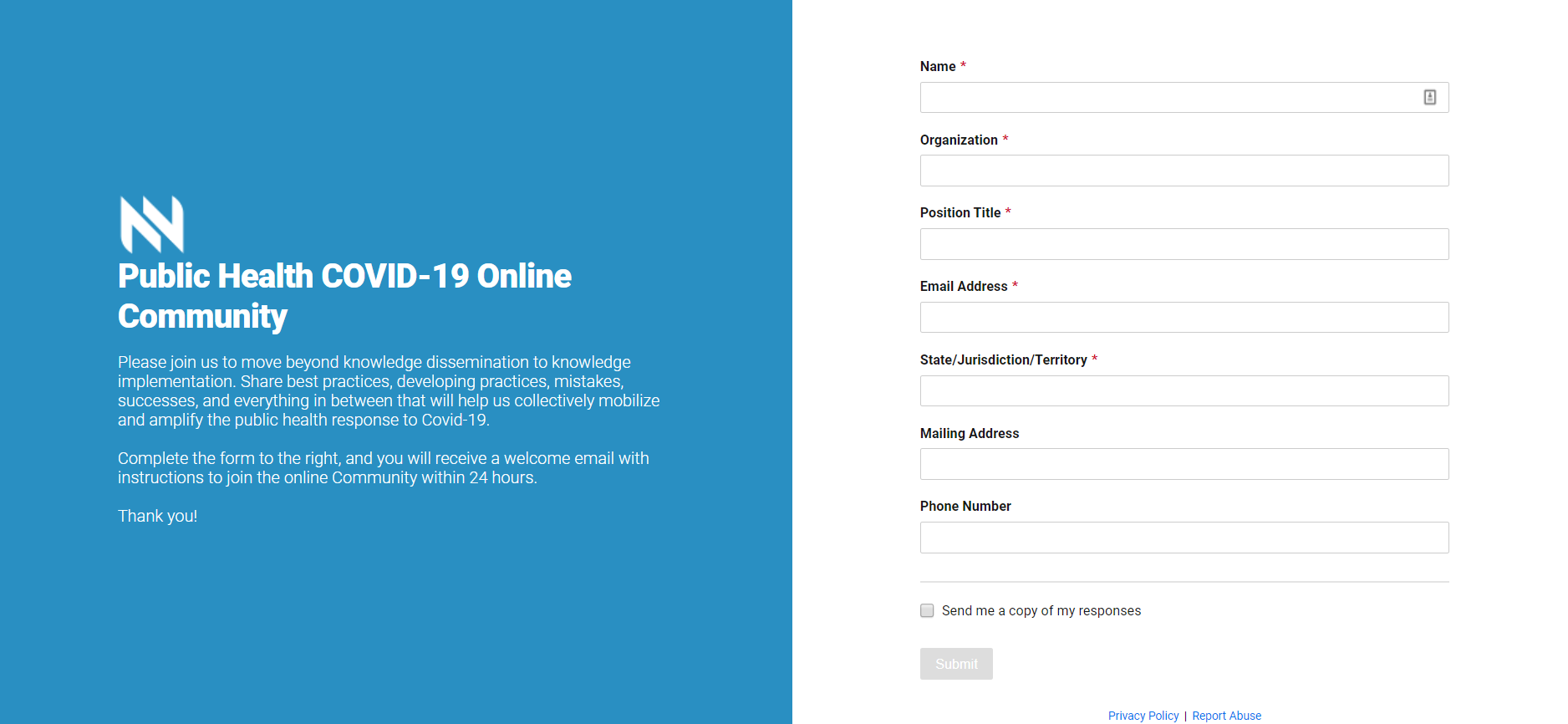Popular Categories
New Resources for Health Departments: Building Pharmacy Partnerships
At the 2017 Preparedness Summit, NACCHO hosted a workshop entitled “Practical Steps for Health Departments to Include Pharmacies...
May 15, 2017 | Raymond Puerini
Enhance Your Medical Countermeasure Knowledge at the 2017 Preparedness Summit
Federal guidance and assessment methods for medical countermeasure (MCM) planning have progressively expanded over the last two...
Mar 31, 2017 | Raymond Puerini
2017 Preparedness Summit Scholarships Available for Local Health Departments that...
Each year, NACCHO conducts the Preparedness Profile Survey to gain a better understanding of types of activities that health...
Nov 16, 2016 | Raymond Puerini
Using Participatory Disease Surveillance Data through Flu Near You
This post originally ran on NACCHO’s Healthy People, Healthy Places blog. For more environmental health news and information, visit...
Nov 24, 2015 | Mary Hodges
Local Health Department Engages in Pharmacy Preparedness Exercise
By Mary Wakefield, Intern, Environmental Health, Pandemic Preparedness, and Catastrophic Response, NACCHO For most people, visiting a...
Jun 25, 2015 | Guest Author
Alameda County Drug Take-Back Program Upheld
In 2012, Alameda County, CA, enacted a local ordinance requiring the pharmaceutical industry to provide funding to support the...
May 28, 2015 | Andy Roszak
New Resources for Health Departments: Building Pharmacy PartnershipsAt the 2017 Preparedness Summit, NACCHO hosted a workshop entitled “Practical Steps for Health Departments to Include Pharmacies in Preparedness Efforts.” This interactive session engaged over 70 representatives from the local, state, and federal level in a joint discussion of challenges related to building pharmacies partnerships and strategies to overcome those challenges. The... May 15, 2017 | Raymond Puerini |
Enhance Your Medical Countermeasure Knowledge at the 2017 Preparedness SummitFederal guidance and assessment methods for medical countermeasure (MCM) planning have progressively expanded over the last two decades. In response to enhanced capability, more rigorous grant requirements, and emerging health threats, local health departments (LHDs) have continued to develop innovative and inclusive ways for safe and rapid dispensation of medications during emergencies... Mar 31, 2017 | Raymond Puerini |
2017 Preparedness Summit Scholarships Available for Local Health Departments that have Partnered with PharmaciesEach year, NACCHO conducts the Preparedness Profile Survey to gain a better understanding of types of activities that health department preparedness coordinators are doing and the needs that they have to advance their work. During the 2015 Preparedness Profile Survey, when asked about which types of local health department partnerships were the strongest, it was […] Nov 16, 2016 | Raymond Puerini |
Using Participatory Disease Surveillance Data through Flu Near YouThis post originally ran on NACCHO’s Healthy People, Healthy Places blog. For more environmental health news and information, visit http://essentialelements.naccho.org/. By Christina Baum, Program Analyst, NACCHO As flu season continues to ramp up, public health surveillance is an essential tool to identifying outbreaks early and having necessary, community-level data to be able to respond to... Nov 24, 2015 | Mary Hodges |
Local Health Department Engages in Pharmacy Preparedness ExerciseBy Mary Wakefield, Intern, Environmental Health, Pandemic Preparedness, and Catastrophic Response, NACCHO For most people, visiting a Costco Warehouse means getting a great deal, but soon enough it could also mean receiving medical countermeasures in an emergency. On June 4th, 2015, the Costco Warehouse in Prince William County, VA, pilot tested a new program to […] Jun 25, 2015 | Guest Author |
Alameda County Drug Take-Back Program UpheldIn 2012, Alameda County, CA, enacted a local ordinance requiring the pharmaceutical industry to provide funding to support the County’s medication take-back efforts. Drug take back programs allow individuals to dispose of unused medications in a central, secure location. The programs seek to keep unwanted, expired, or unneeded drugs from being introduced into our nation’s […] May 28, 2015 | Andy Roszak |
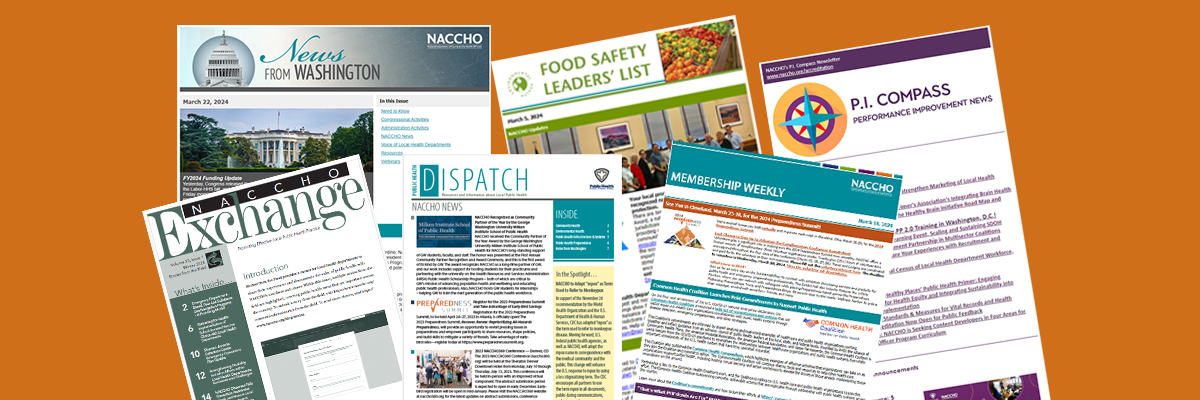
Subscribe Today
Sign Up for the E-mail Digests
Create an account or login to MyNACCHO and go to "My Subscriptions."
SUBSCRIBE NOW